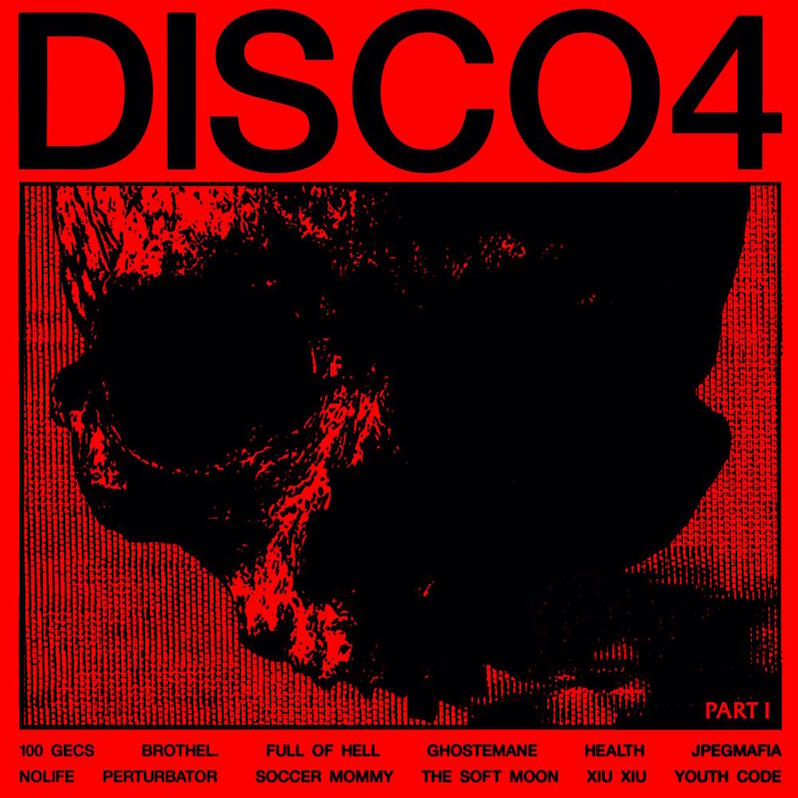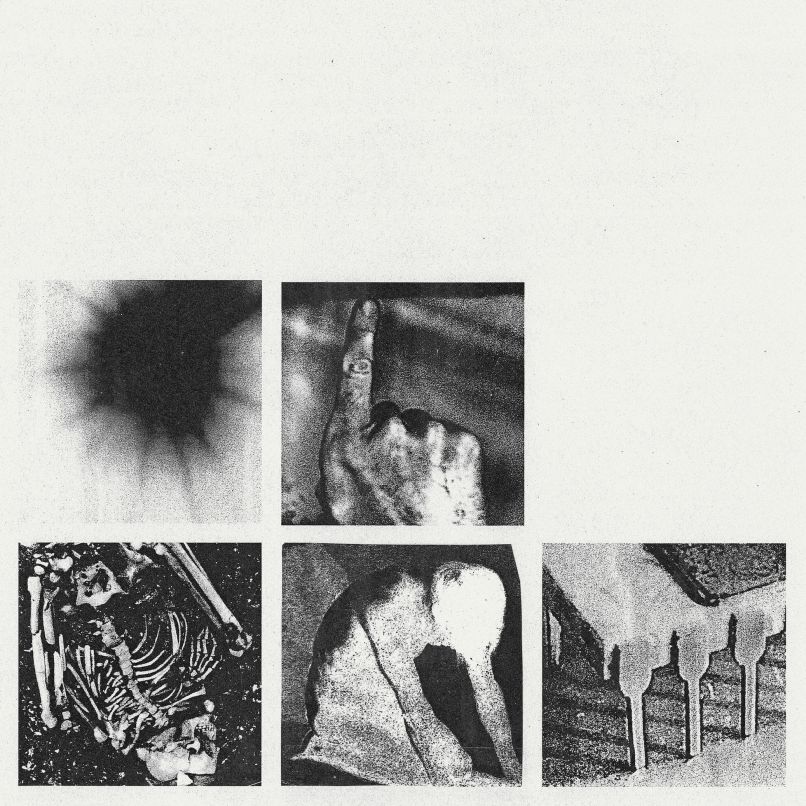Danny Elfman : Bigger, Messier

While his catalog includes instances of restraint and grace, Danny Elfman’s reputation rests on music that’s gloriously overstuffed. His new wave band Oingo Boingo often sounded more like a big band, their arrangements full of sharp turns and endless instruments. Since the late 1980s he’s been synonymous with soundtrack composition, bringing that same quirkiness and pomp to orchestral music that leans hard into geekdom—multiple DC and Marvel universe titles, the Men in Black franchise, so many Tim Burton films, and the timeless theme for The Simpsons on TV. What was meant to be a few new songs for a canceled Coachella performance turned into a trickle of pandemic-seeded singles throughout 2021. This culminated in Big Mess, Elfman’s first solo pop album in 37 years.
True to its title, Big Mess lashed out with some of the angriest, most politicized music of his career, a bracing collection of prog-rock flirting with industrial metal. Clearly a love-it-or-hate-it proposition, the album and its unexpected formula was loved by many, including a spectrum of new and experienced experimental-minded artists who wanted to work with this legend. Additional single releases and the album’s deluxe box set from this past winter included remixes and new vocal performances of Big Mess tracks. Most of these now reside on Bigger, Messier, a double-length compilation drawing clear parallels to the heights of remix excess reached by Nine Inch Nails circa The Downward Spiral and The Fragile.
In doing press for Bigger, Messier, Elfman has maintained a sense of wonder bordering on imposter syndrome that anyone even knows who he is, let alone that they’d want to collaborate. The revisions feature performers from as far away as Shanghai and Russia, and harness a bounty of digitized genres: synthpop revivalism, electronic dub, drill’n’bass, industrial rap, even ambient and darkwave. The biggest draws here are Elfman’s oldest guests, legends of the underground turned above-ground, and the biggest winner might be Einsturzende Neubauten’s Blixa Bargeld giving new gravitas to “In Time.” NIN mastermind Trent Reznor brings predictable elements—distortion-submerged vocals, processed countrified guitar—to songs like “True” and “Native Intelligence.” But in the worst example of this collection’s imperfect sprawl, Iggy Pop brings a carnival-barker air to “Kick Me,” squealing and growling reinforcement of the idea that maybe his career has at last overstayed its welcome.
Alongside interesting one-offs and guest-artist versions that feel like they belong on completely different releases, we hear some of these originals get revisited over and over. “Kick Me,” for example, works better when Zach Hill of Death Grips fills it with data-driven noise, and works better still when Fever333 play it like a screamo tune. Elsewhere, “Happy” is redone five times, and Boy Harsher’s simple synthwave take on it (with orchestral breakdown!) wins the day. Bigger, Messier has its share of mailed-in efforts—Squarepusher and The Locust might be the most disappointing—but there are also plenty of successes (Kid606, Machine Girl) and some honest surprises, from Ghostemane’s pure junglist take on “Native Intelligence” to HEALTH going for buzzing, bell-filled drama on “In Time.” As it did last year, Elfman’s extension of the more-is-more theory from his symphonic output back to pop works more often than it doesn’t.
Label: Anti-
Year: 2022
Similar Albums:
Adam Blyweiss is associate editor of Treble. A graphic designer and design teacher by trade, Adam has written about music since his 1990s college days and been published at MXDWN and e|i magazine. Based in Philadelphia, Adam has also DJ’d for terrestrial and streaming radio from WXPN and WKDU.



